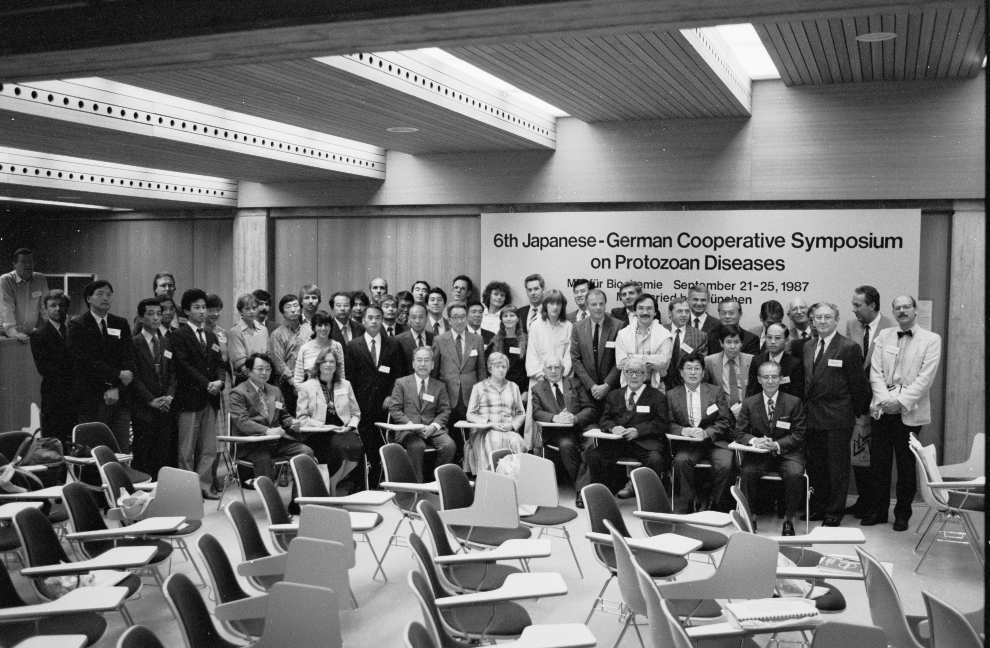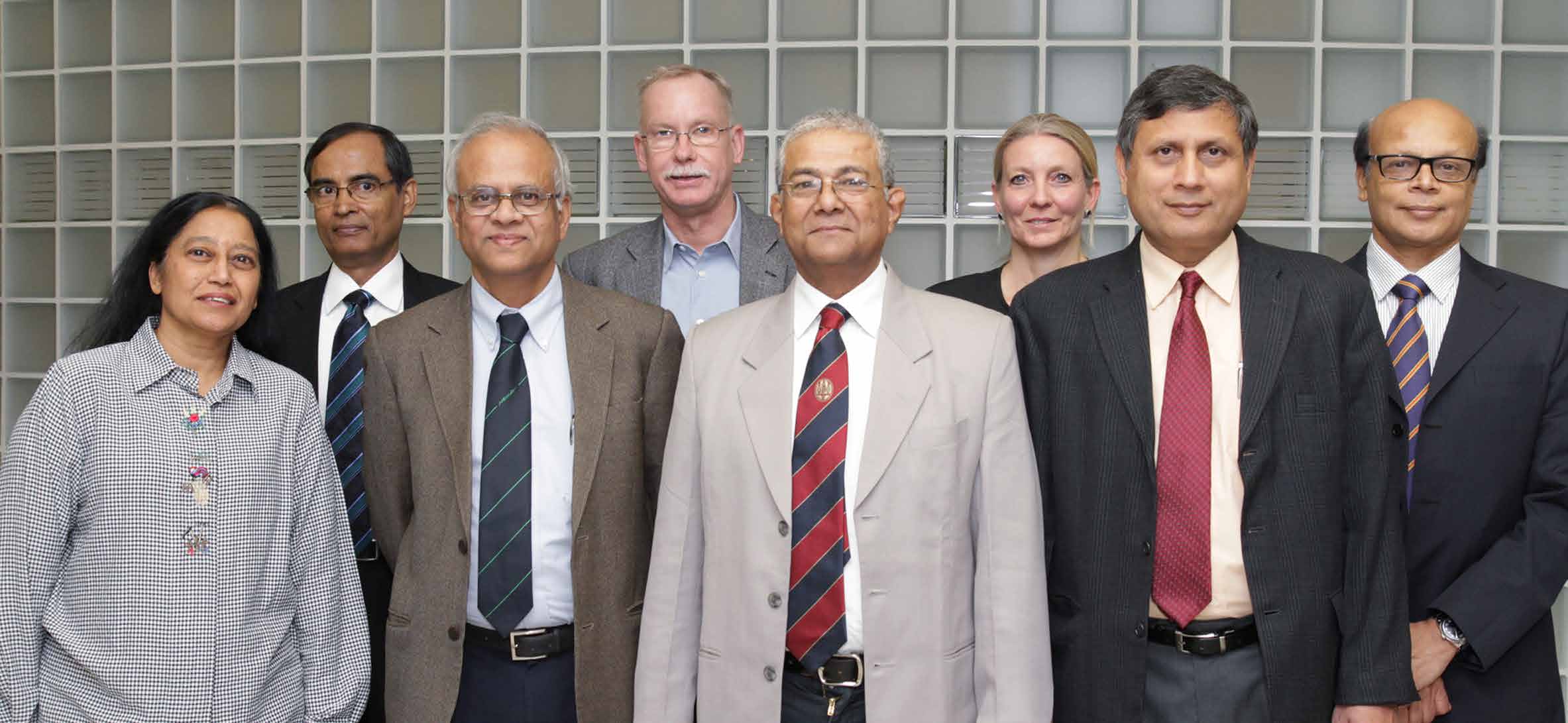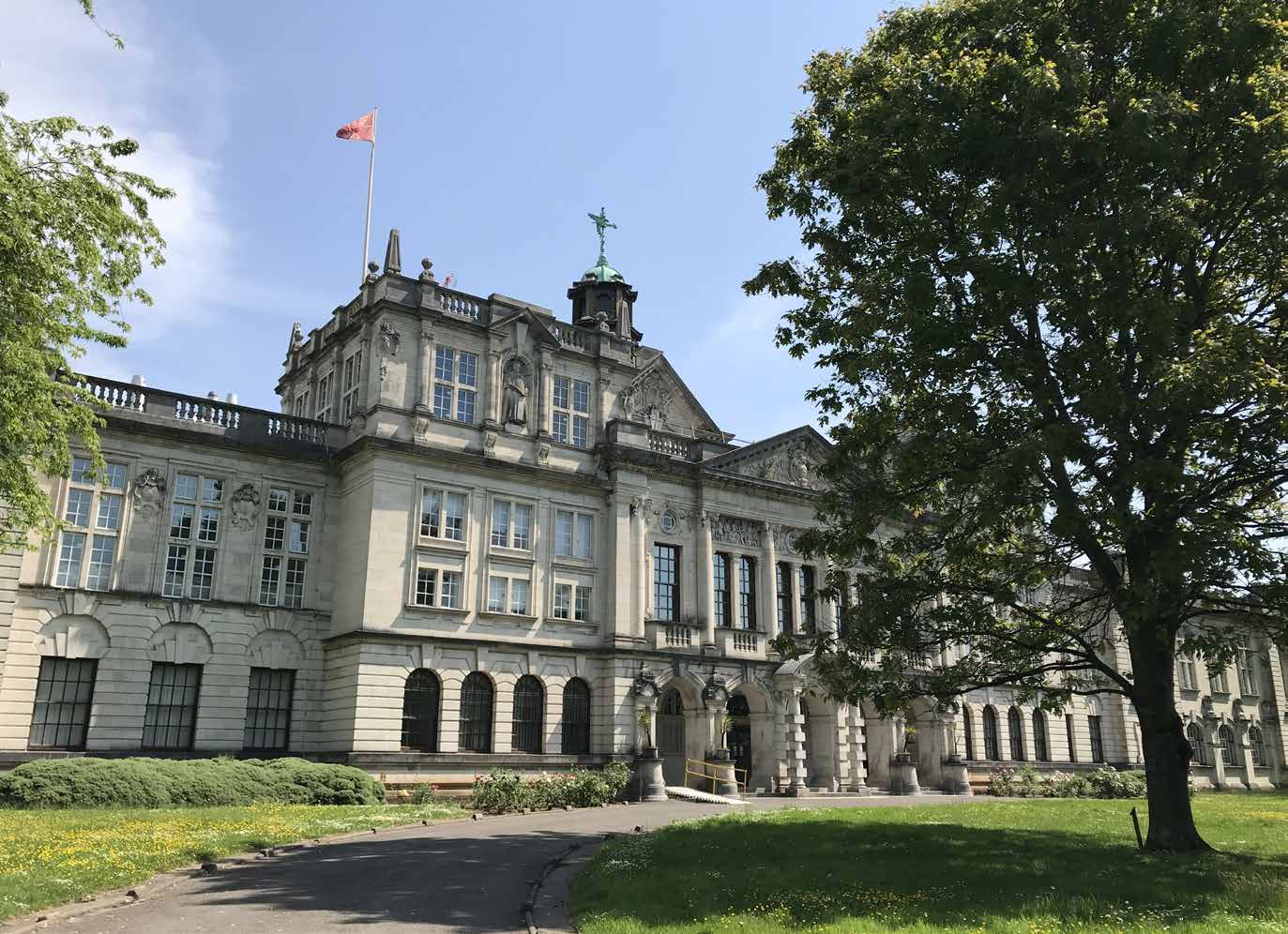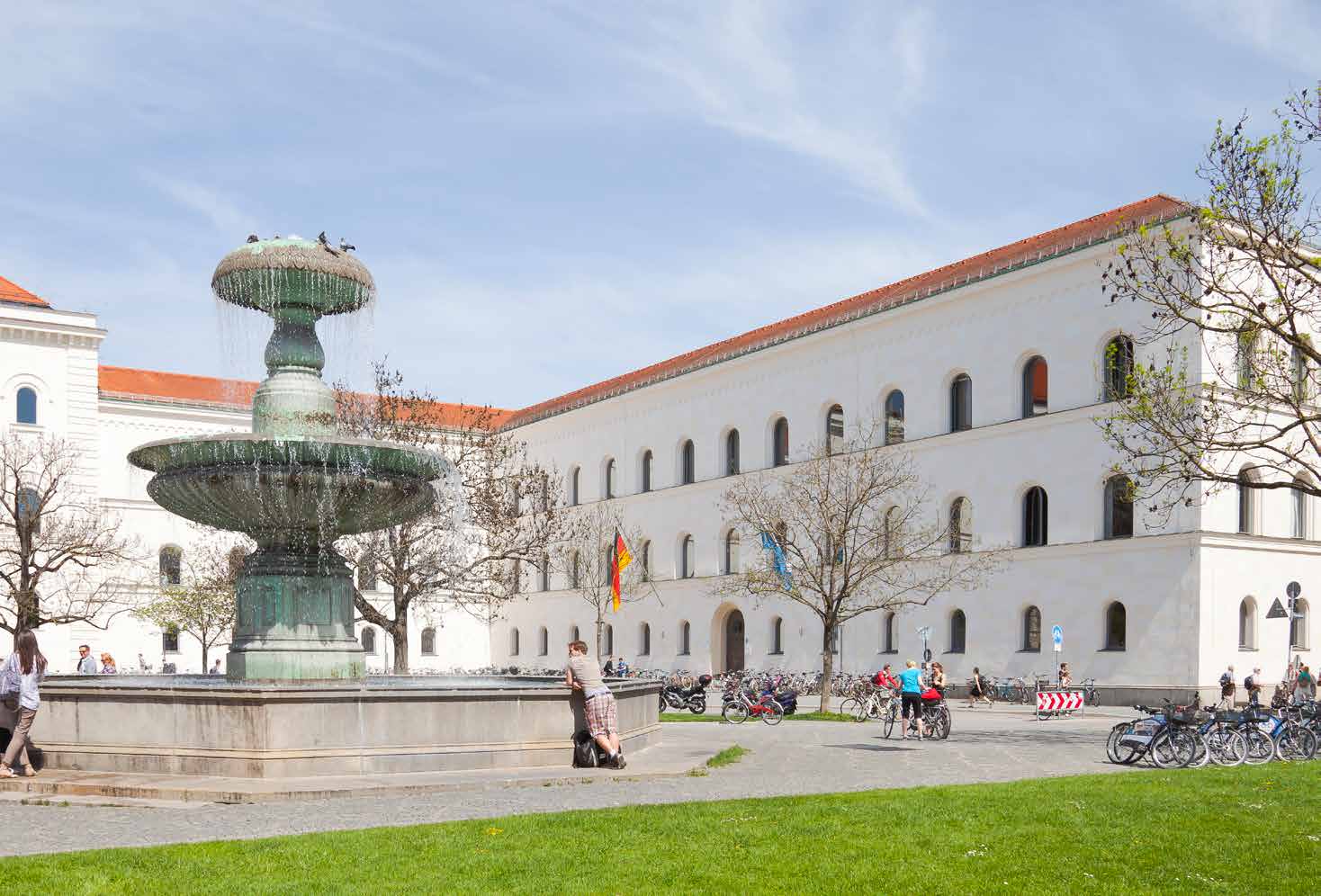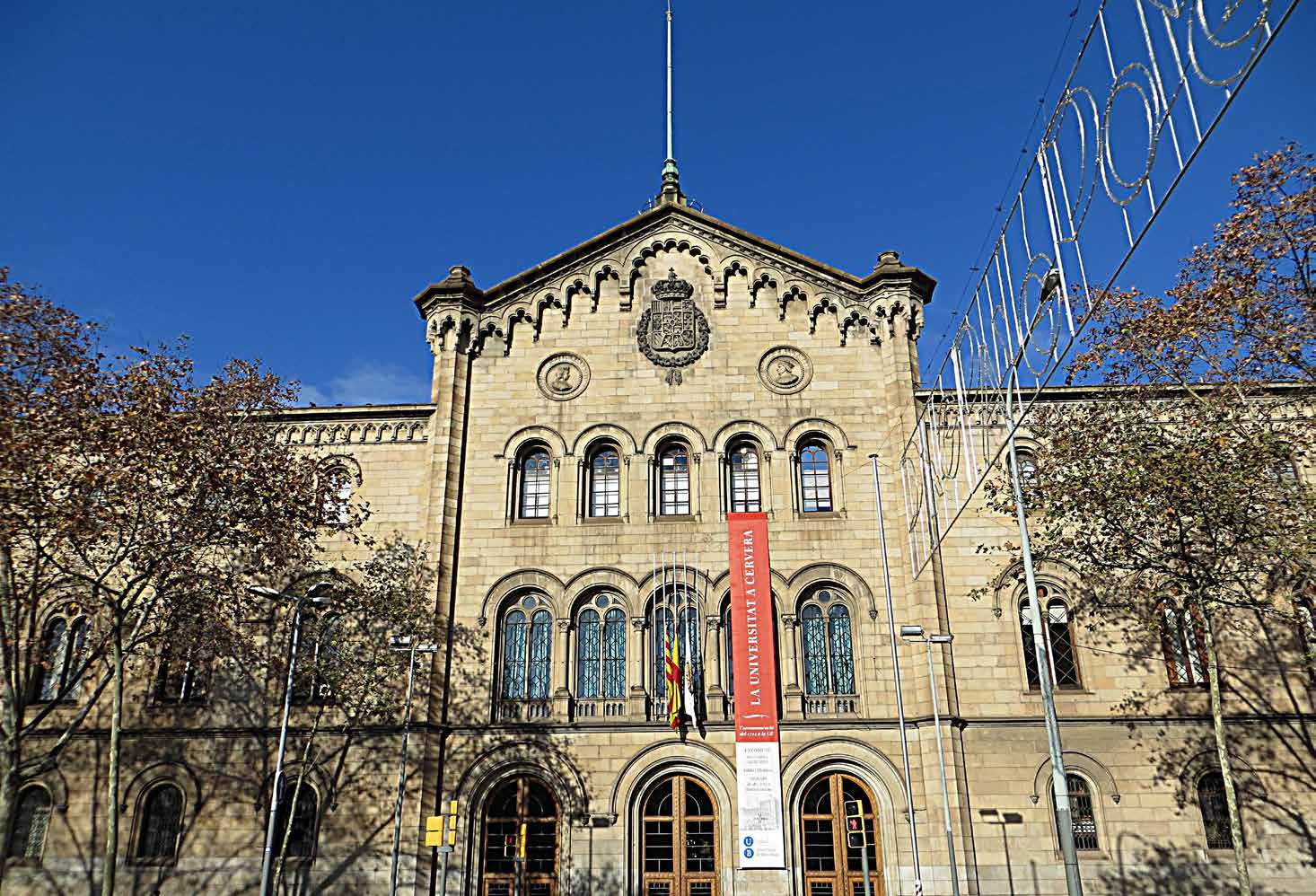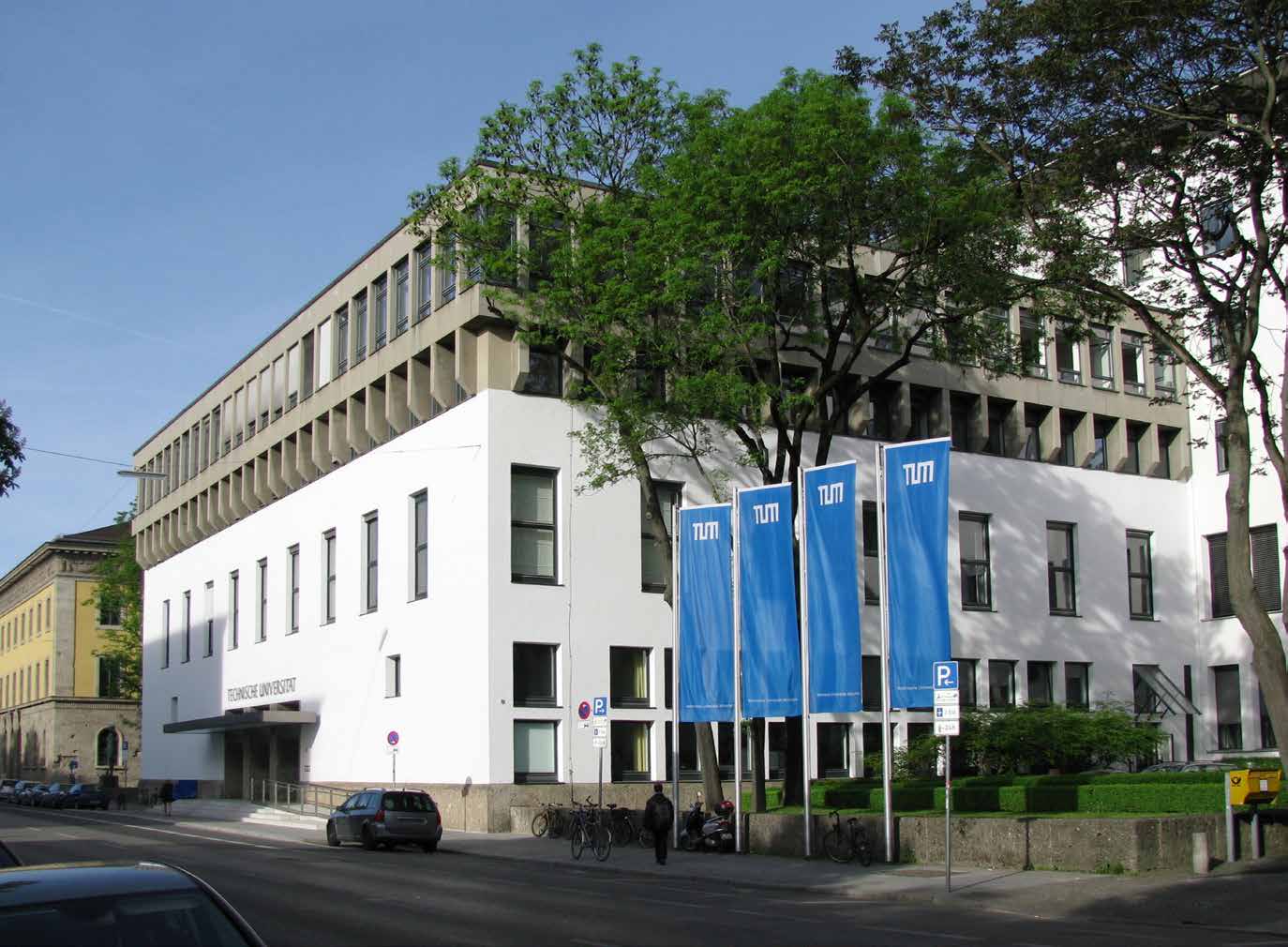8 WELL CONNECTED
INTERNATIONAL SCIENCE
INTERNATIONAL SCIENCE
Science was and is international. There has always been cross-border exchange and cooperation between scientists. And yet, in the course of the last decades, international networking has become even more intense.
On the way to the modern knowledge society, the number of scientists worldwide has increased considerably. Whereas 50 years ago the list of researchers working on a specific topic was mostly manageable, today there are research teams all over the world pursuing the same goals at a high level. At the same time, the Max Planck Institutes compete with other scientific institutions around the world for the best talents.
International competition has increased, but at the same time they benefit from each other through open dialog at scientific conferences or through publications in scientific journals, which are increasingly openly accessible on the Internet worldwide.
INDEPENDENT RESEARCH GROUPS
Since the founding of the institute in Martinsried, there have been a number of independent research groups in addition to the research departments. These are led either by established research group leaders or outstanding young scientists.
The research groups extend the research spectrum of the institute in all areas. For example, there are groups at the institute that deal with DNA hybrid nanomaterials, immune regulation, and systems biology of membrane transport. These research group leaders thus have the opportunity to establish their own research groups and their thematic focus. After their employment at our institute, many group leaders obtain leading positions at renowned institutions in Germany and abroad. Their time at the MPI of Biochemistry enables them to strongly expand their network and to engage in intensive exchange.
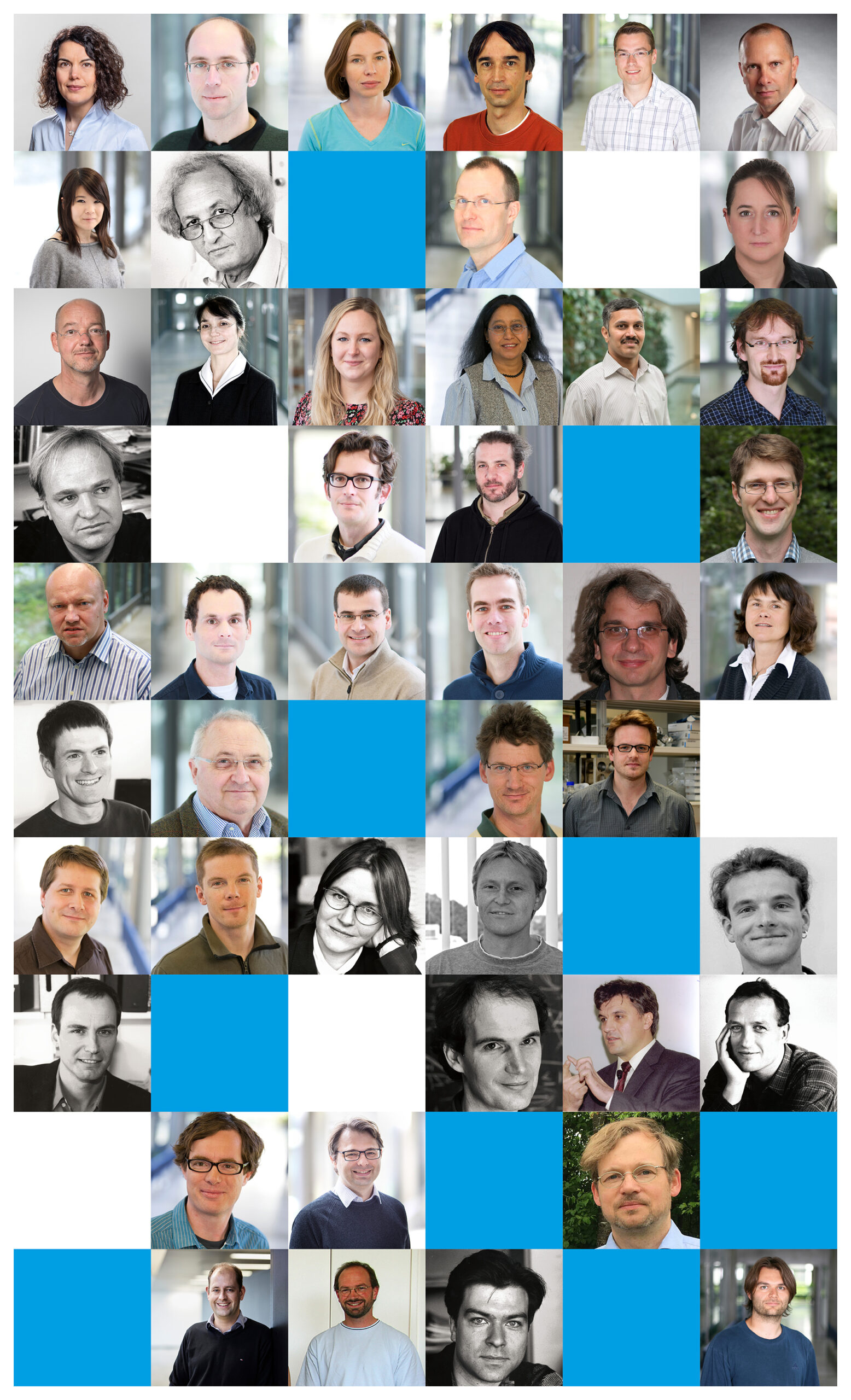
CONTACTS WITH UNIVERSITIES IN GERMANY AND ABROAD
CONTACTS WITH UNIVERSITIES IN GERMANY AND ABROAD
Biochemistry is an interdisciplinary field of research, where collaborations can foster innovative technical or scientific breakthroughs. Since 2007, such collaborations are fostered through fixed-term appointments of renowned visiting scientists as “Max Planck Fellows” who lead a research group at the institute in parallel to their university professor activities.
Cooperations with universities are an important concern for us. Traditionally, our connections to the two main Munich universities are particularly intense. Many of our directors have taught and continue to teach there as professors. For example, Elena Conti, Matthias Mann and Petra Schwille hold honorary professorships at the LMU and Brenda Schulman holds an honorary professorship at the TU Munich. In addition to the professional exchange, we thus foster the education of young scientists.
We also maintain excellent relations with foreign universities and research institutions. Several scientists from our institute have worked abroad as visiting and honorary professors: Nobel Prize winner Robert Huber is a visiting professor at several renowned universities such as Cardiff and Barcelona. Matthias Mann is active with another research group at the Medical School of the University of Copenhagen.
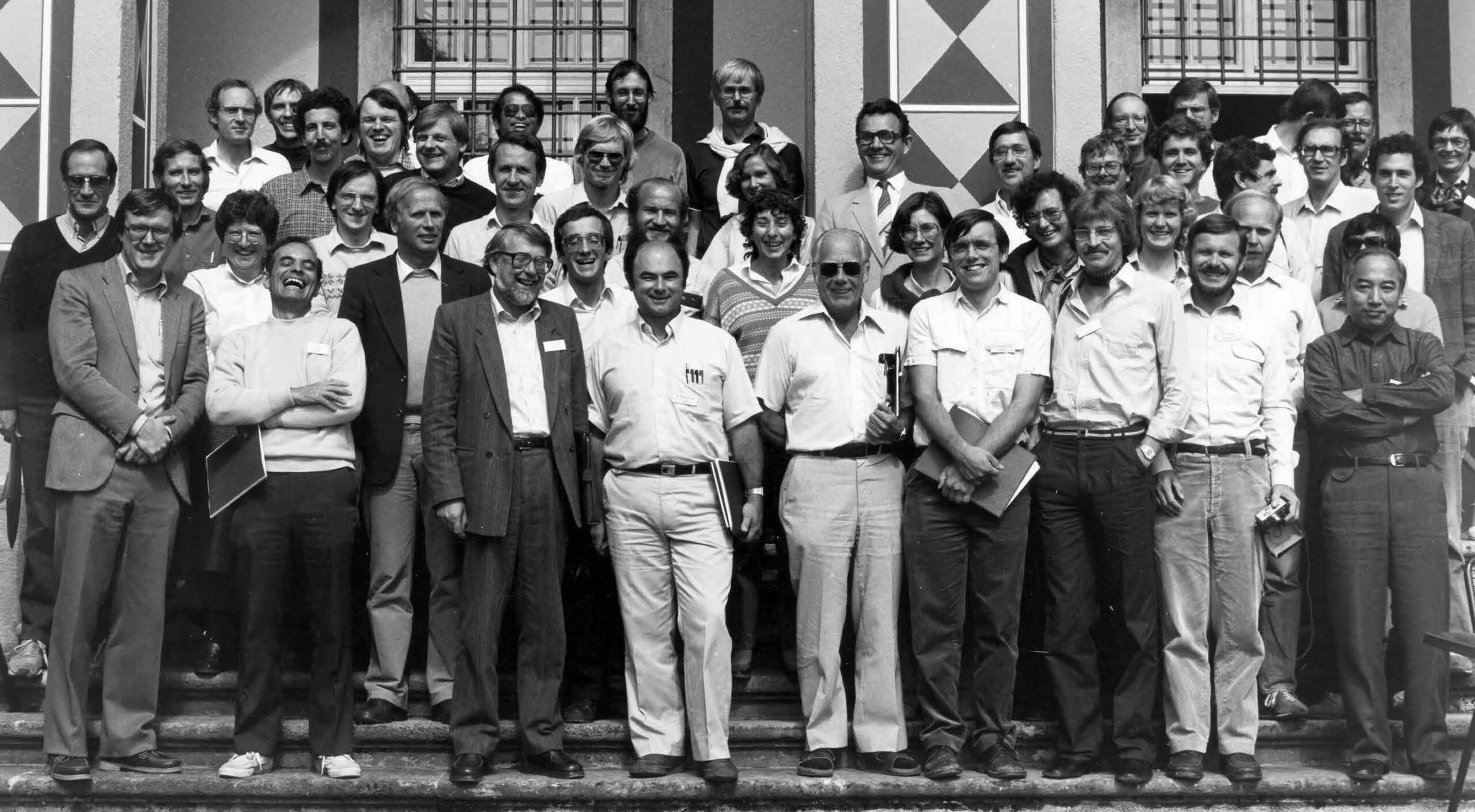
SCIENTIFIC SOCIETIES
SCIENTIFIC SOCIETIES
The scientific academies and learned societies have a long tradition and they play an important role in international exchange and the promotion of science: The “Deutsche Akademie der Naturforscher Leopoldina” (German Academy of Natural Scientists Leopoldina) in Halle (Saale) dates back to 1652, the “Royal Society” in London to 1660.
Since 1973, numerous scientists from our Institute have been appointed members of these and other scientific societies in Germany and abroad—for example by the “National Academy of Sciences” (USA), the “Japanese Biochemical Society” or the “Academia Europaea”.
In the 1970s and 1980s—during the “Cold War” — the societies also played a bridge-building role by promoting collegial contacts between Western scientists and their colleagues in the “Eastern Bloc” — especially in the comparatively unideological natural sciences. Since 1959, the founding director of the MPI of Biochemistry, Feodor Lynen, had been a member of the Leopoldina, which was based in the former German Democratic Republic (GDR).
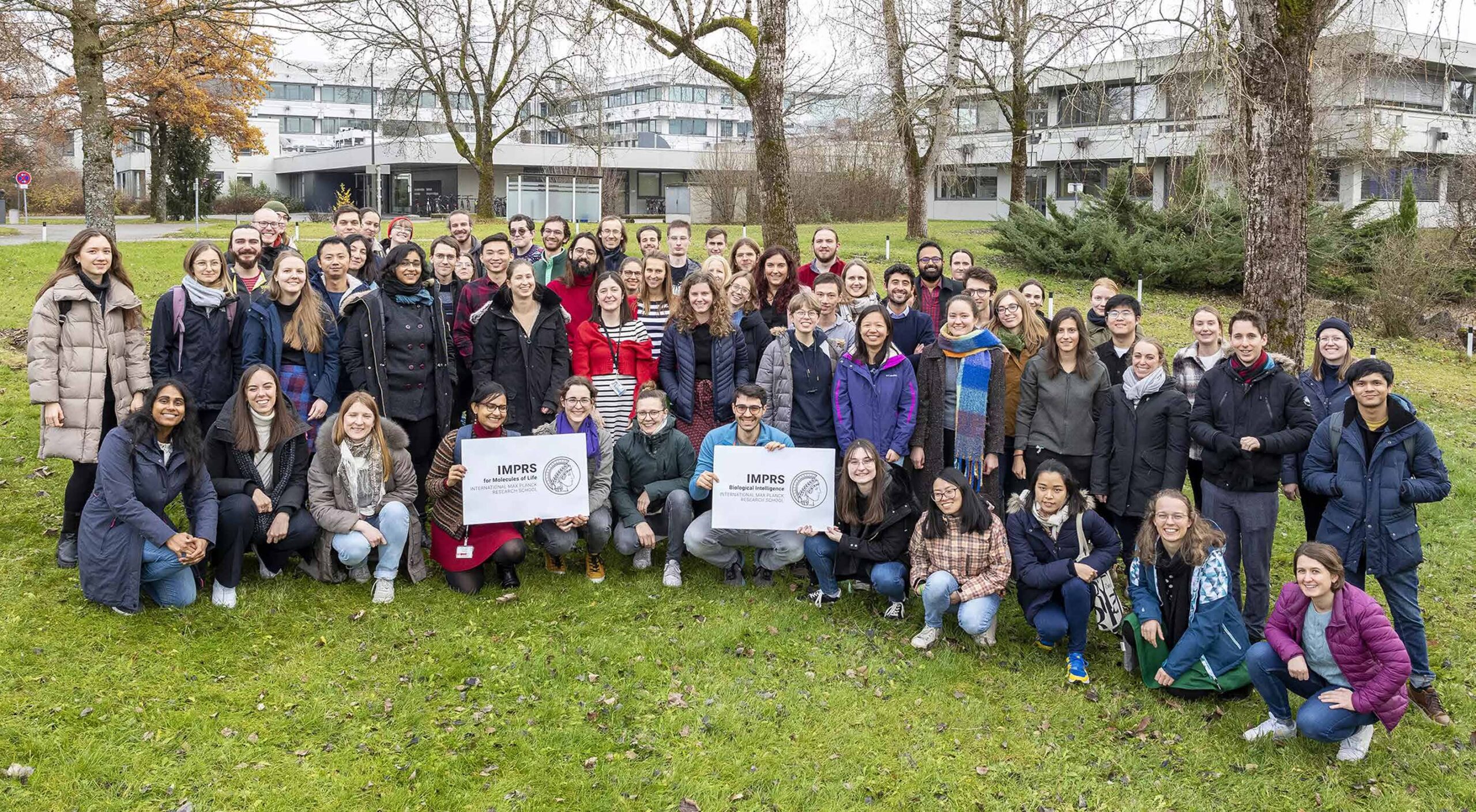
FROM AROUND THE WORLD: THE NEXT GENERATION OF SCIENTISTS
FROM AROUND THE WORLD: THE NEXT GENERATION OF SCIENTISTS
FROM AROUND THE WORLD: THE NEXT GENERATION OF SCIENTISTS
In the 1970s, the majority of scientists in leading positions had completed their careers in Germany. But even then, there was an international flair at the Institute. Most of the lectures were held in English, as many young international scientists were already working at the Institute. After the Nobel Prize was awarded in 1988, the number of high-class applicants from all over the world continued to rise.
In 2005, the International Max Planck Research School for Molecular and Cellular Life Sciences (IMPRS-LS) was founded, which cooperates closely with our neighboring institute and the Munich universities. It offers a structured program for PhD students to complete their PhD projects. In 2023, two new closely cooperating graduate schools will launch in Martinsried, the IMPRS for Molecules of Life (IMPRS-ML), as successor of the IMPRS-LS, and the IMPRS-Biological Intelligence. Almost half of our PhD students and more than three quarters of our postdocs are currently from abroad.
The institute is proud of its young researchers: Many former PhD students now hold high positions at universities, in industry and at other institutions in Europe, America or Asia.

